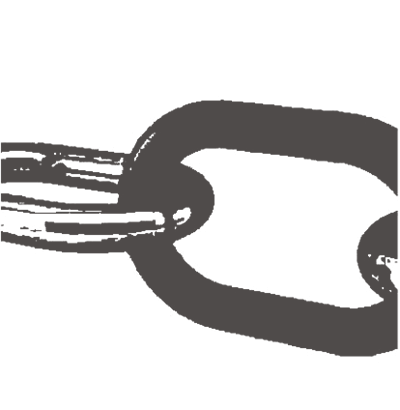Sustainability reporting: The Polish proposal for implementing the CSRD
A bill to implement the Corporate Sustainability Reporting Directive in Poland was published on 19 April 2024. The main implementation measure is the proposed new chapter 6c of the Accounting Act, entitled “Sustainability Reporting.”

Practical aspects of the constitutional crisis in Poland
The dispute over the Polish Constitutional Tribunal is ongoing and escalating. Even suggesting that the Constitutional Tribunal still exists and functions in Poland is risky, as it can be seen as taking sides in the dispute. The tribunal has recently dealt with politically charged cases, but a ruling handed down on 8 May 2024 was apolitical and resolved a nagging issue that had been on the tribunal’s docket for years.

News from Poland—Business & Law: tax offence at a company – who’s liable for the crime?
The newest episode of News from Poland is about who may be held liable for tax offences committed at a company. The issue is explained by Jakub Znamierowski, PhD, adwokat and senior associate in the firm's Criminal Law Practice.

Content harmful to minors: Fines imposed by the National Broadcasting Council
The number of decisions by the chairman of Poland’s National Broadcasting Council imposing fines on media service providers for broadcast violations has risen dramatically over the last five years. These decisions involve content standards (respect for law, public order, morality, religious beliefs), protection of minors, and improper language. In 2011–2018, an average of three decisions imposing fines on providers were issued per year. Between 2019 and 2023, this figure leapt fourfold, to an average of 12 per year, and in 2023 there were more than 20. Fines for content harmful to minors are particularly noteworthy for their frequency and problematic nature.

The end of greenwashing in the EU?
Nearly two years after publication of the European Commission’s proposal, the Greenwashing Directive came into force on 26 March 2024. The main objective of the changes is to protect consumers from deceptive commercial practices.

Where does the biogas market stand in Poland?
Biogas and biomethane play a vital role in EU regulations and thus also in the Polish legal system. The accelerating energy transition resulting in billions of dollars of investment in weather-dependent renewable energy sources also requires balancing energy production with controllable sources, among which biogas looms large. Biogas and biomethane production is also a key arc of the circular economy and the greening of agriculture supported by EU legislation—especially in times of turmoil on the market for natural gas from fossil sources.

Insurers of trade receivables should verify whether their outsourcing of collections complies with KNF guidance
Guidance from the Polish Financial Supervisory Authority of 25 March 2024 on certain aspects of outsourcing by insurers and reinsurers also covers collection proceedings related to performance of insurance contracts. Insurers offering trade credit for which collections are carried out by external providers must verify whether this outsourcing is compliant with the regulator’s position.

News from Poland—Business & Law: demerger by spin-off
In the newest episode of News from Poland, Piotr Ząbkiewicz from the firm's M&A Practice, discusses a new, useful type of company division: the demerger by spin-off.

SMEs do not lose their status automatically
In 2020, the EU’s General Court held in T-745/17, Kerkosand v Commission, that SME status is determined based on three criteria verifiable in two successive accounting periods (known as the “two accounting years rule”). It has been four years since the General Court issued this ruling, but the authorities acting as intermediate or managing institutions under EU programmes, as well as national administrative courts (albeit with commendable exceptions), continue to take the position that changes in a beneficiary’s corporate ownership structure (acquisition of a majority of its shares) result in automatic loss of SME status on the date of the change.

The Polish competition authority’s new guidance on antitrust fines
The Office of Competition and Consumer Protection has published new guidelines on the methodology for calculating fines for anticompetitive practices. The main objective is to bring the regulator’s practice into line with the recent amendments to the Competition and Consumer Protection Act, e.g. regarding fines for parent companies and consideration of the adequacy of the fine. But there are other changes as well, and some of them raise concerns.

Q&A: Poland’s deposit-refund scheme
Poland is relatively late in establishing a deposit-refund system for beverage containers. After many years of pronouncements by politicians, the act did not enter into force until 13 October 2023. Functioning of the scheme is set to launch on 1 January 2025, leaving little time for businesses to prepare. But questions remain whether the system will start working as the parliament expected on the designated date.

How could the Packaging and Packaging Waste Regulation change the economy?
EU member states’ tardiness in implementing environmental directives has consequences. It has led to a proposal of an EU regulation on packaging and packaging waste, to harmonise the internal market and eliminate the overproduction of packaging waste in the European Union. This article discusses certain aspects of the proposal that could significantly affect both businesses and consumers.
